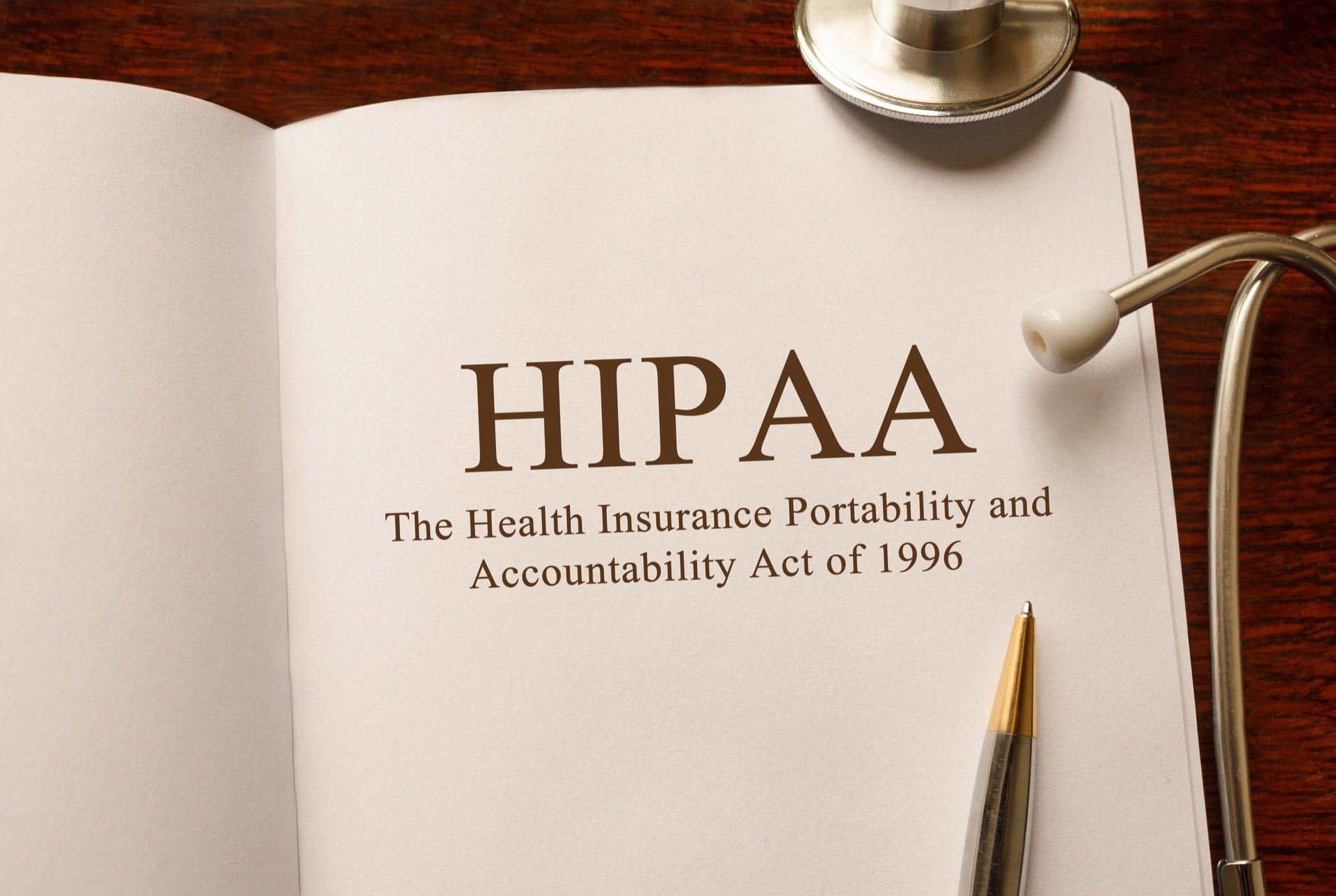
Building and launching healthcare applications is different from other industries. Companies that work with public health information (PHI) and accept credit card payments are required to ensure HIPAA & PCI compliance. Since security breaches are very common in the IT domain; the government is regulating enterprises to prevent users’ personal and banking information from being misused. These compliances disrupt majority of the functions in a company because you constantly need to change the strategies to satisfy the users. But if done correctly, you can utilize the compliance certificate for your business profitability and reduce possibilities of legal troubles.
How do I get a HIPAA Compliance?
The increased adaptation of technology in the medical field has increased the need for securing the usage and sharing of patients’ data. Health Insurance Portability and Accountability Act (HIPAA), is a law passed by US Congress in 1996. It enables workers to retain health insurance coverage and ensures the protection and confidentiality of patient health information (PHI). Its security rule sets a standard for storing and transferring sensitive patient data in electronic form.
To comply with HIPAA, you need a compliance officer. You can either employee or hire a third-party compliance service that can review each policy and device new strategies. HIPAA can be divided into four rules that health care providers must utilize in their work.
- HIPAA Privacy Rule: Sets national standards for patients’ rights to PHI and ePHI.
- HIPAA Security Rule: Sets national standards for secure maintenance, transmission, and handling of PHI and ePHI.
- HIPAA Enforcement Rule: Enforce HIPAA compliance for any individual or organization that handles PHI.
- HIPAA Breach Notification Rule: Sets standards that covered entities and must follow in an event of a data breach.
HIPAA Compliance safeguards
As healthcare data breaches continue to grow, companies suffer lawsuits, revenue loss, and brand damage. Did you know that Cottage Health was fined $2 million in October 2017 for violations which included failure to encrypt data? Therefore, for building a HIPAA compliant product or service, you need to implement a number of physical and technical safeguards.
Physical Safeguards: Physical safeguards ensure the security of data present in workstations and data centers which are either cloud-based or on on-premise servers. Physical safeguards enforce :
- Limited physical access to any of the networking equipment. This means the construction of a demilitarized zone to authorize and record any person that gains access to ePHI servers.
- Policies that govern use and access to workstations.
- Strict restrictions over the transfer and removal of ePHI data and the use of any portable storage device.
- Inventory management and maintenance of hardware devices for prevention against natural disasters.
Technical safeguards: Technical Safeguards concern the technology that is used to protect ePHI and provide access to data.
Technical safeguards include-
- Access control to categorize the level of access for each employee
- The authentication mechanism for ePHI such as password protection
- Implement tools for encryption and decryption
- Introduce activity audit controls
- Automate digital registry of the person who accessed the data
- Purchase a TLS certificate
- Report all breaches, regardless of size
- IT disaster recovery and offsite backup
These security measures will prevent any breach of confidential patient data that can render it indecipherable and unusable.
How do I get PCI Compliance?
Payment Card Industry Data Security Standard (PCI DSS) is a benchmark for companies that accept, store and process credit card payments or data associated with a cardholder.
PCI and HIPAA Compliance Similarities
In certain parameters, PCI and HIPAA compliance has many similarities to data security. In fact, by complying with some of the PCI compliance requirements, organizations will automatically be complying with the encryption requirements within HIPAA. The following PCI compliance requirements highlight best practices for any organization for securing critical data.
- Build and maintain a secure network by adding a firewall to cardholder data and changing the vendor-provided security parameters like system passwords.
- Encrypt stored cardholder data by encrypting the transmission of data across open and public networks.
- Regularly update anti-virus software and programs.
- Maintain a vulnerability assessment system to develop secure systems and applications.
- Restrict access to cardholder data by business need to know.
- Devising strong access control measures which include assigning a unique ID to each employee and restrict physical access to cardholder data.
- Track and monitor all access to network resources and regularly test security systems and processes.
- Maintain a policy that addresses information security for all personnel.
It is to be noted that complying with either PCI or HIPAA does not cover the other. Only the technical safeguards are common in both but HIPAA and PCI remain two distinct sets of requirements. Moreover, each payment card brand has its own program for compliance which can be found on their respective websites.
Hence, in a nutshell, the company is required to have certain compliance programs often to protect the health and safety of others. Therefore, from time to time, you have to express the effectiveness of the compliance efforts. A compliance assistance service provider can develop effective strategies to meet the standards and utilize it for business success. Legal issues will become more complex as the business grows unless you recognize the importance of compliance regulations.
Contact us today to learn about Bleuwire™ services and solutions in how we can help your business.





